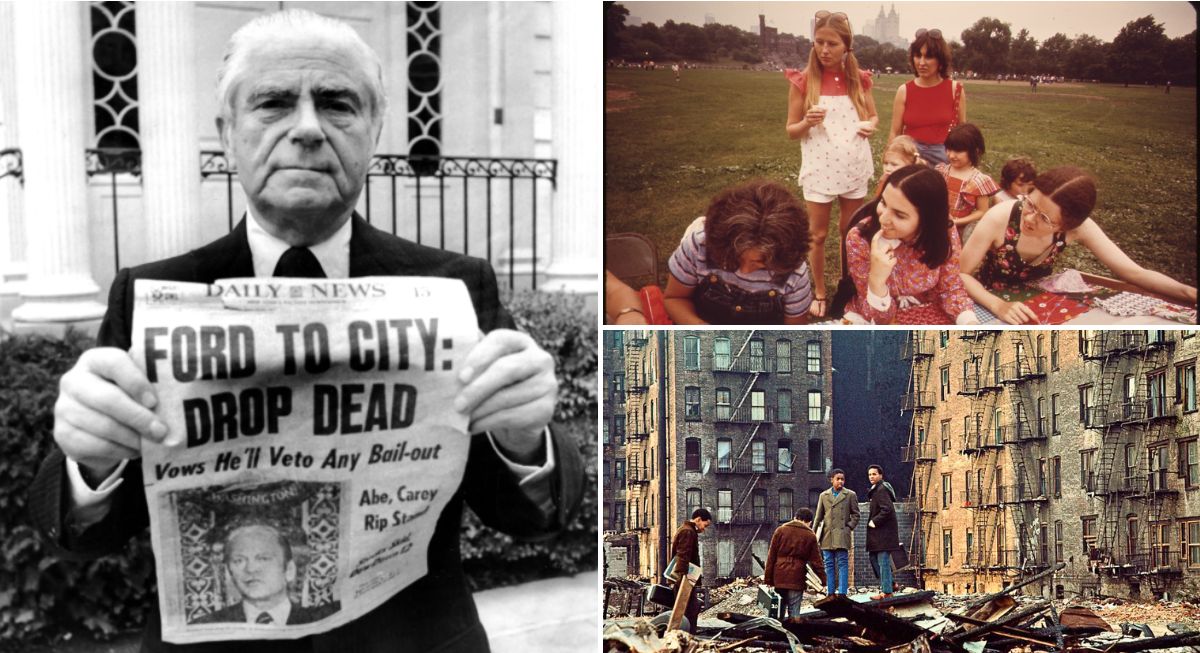It’s funny how every day habits can seem so normal one minute and completely bizarre the next. Things we once couldn’t live without—like rewinding VHS tapes or memorizing phone numbers—now feel almost unrecognizable. Life has changed so much with technology and convenience taking over, and some old routines have quietly faded into history. Let’s take a stroll down memory lane and revisit the quirky, time-consuming things people used to do every single day.
Rewinding VHS Tapes
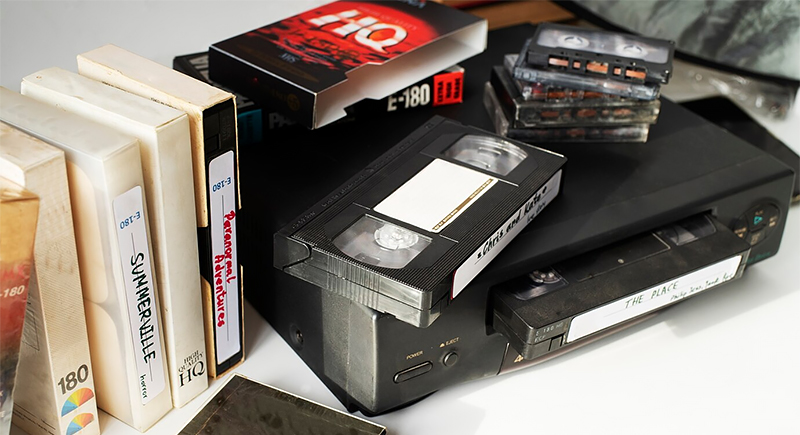
Credit: freepik
VHS tapes didn’t rewind themselves, and rental stores expected you to return them ready to watch. Forgetting could lead to a fine or a grumpy employee. The rewind machines some people bought for this purpose now feel like the most specific invention ever.
Remembering Phone Numbers
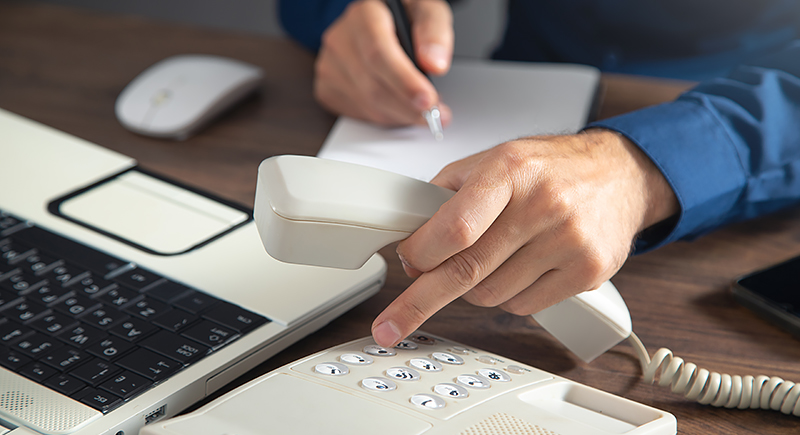
Credit: iStockphoto
Before phones got smart, remembering numbers was absolutely necessary. You knew your best friend’s number, your crush’s, and maybe even the local pizza place. Losing your list of written contacts could be a real headache, especially if you relied on a public phone.
Using Payphones
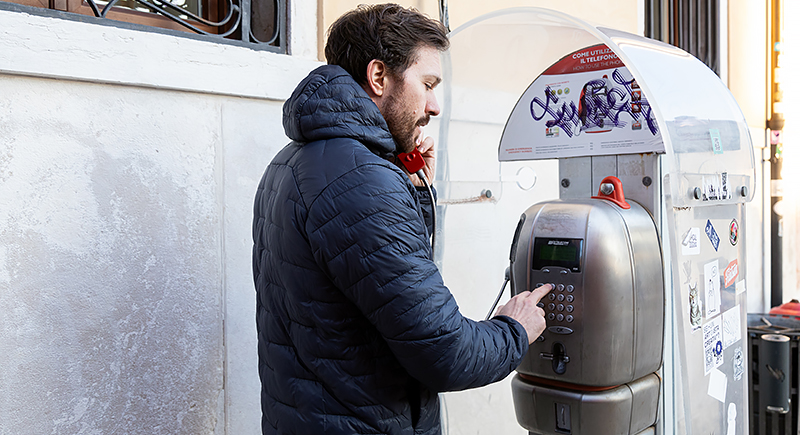
Credit: iStockphoto
Speaking of phones, if you ran out of luck—battery wasn’t a concern back then—you found a payphone. Dropping in a coin, hearing the dial tone, and calling someone to pick you up was the only thing that could save you. Today, we’re more likely to ask for Wi-Fi than spare change.
Making CDs
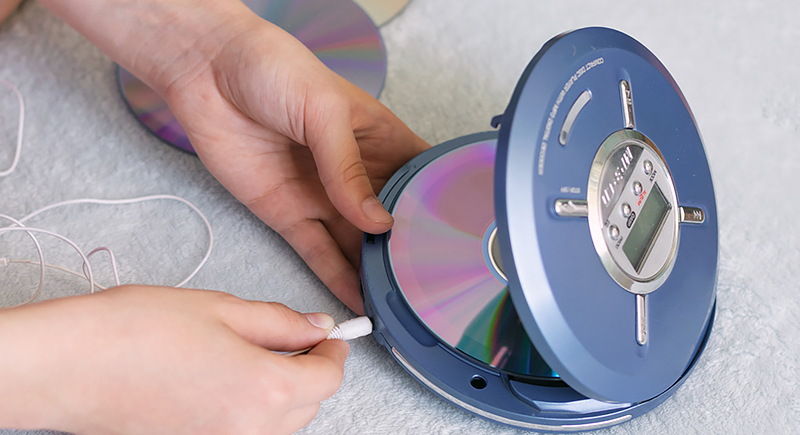
Credit: iStockphoto
Burning a CD used to be a thoughtful process. You’d pick songs that matched a mood, arrange them perfectly, and maybe write a quirky title with a marker. It was a little artistic expression, not just a playlist, which also made CDs meaningful gifts.
Using Paper Maps

Credit: freepik
Back in the day, paper maps were the only way you could get around, and they required patience and teamwork, especially on long road trips. Someone had to be the “navigator,” calling out directions from the passenger seat. Refolding the map correctly was an accomplishment in itself.
Hitchhiking

Credit: freepik
Thumbs out, a hopeful smile, and a cardboard sign—that was how people got from A to B without spending a dime. Hitchhiking was often about trust, and many saw it as part of the journey. It’s a rare thing now, thanks to ride-sharing apps.
Letter Writing
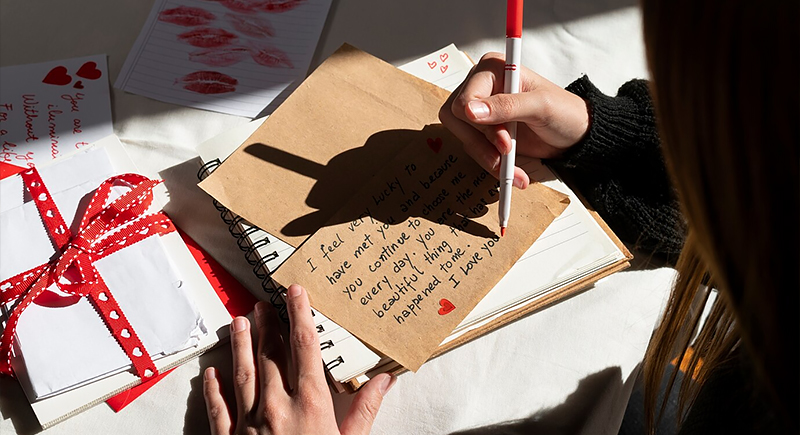
Credit: freepik
Handwritten letters are one tradition we wish would return. Choosing the right paper, penning your thoughts, and sealing the envelope is something that instant messaging cannot come to match. The wait for a reply, however, was quite frustrating back then.
Using Dial-Up Internet
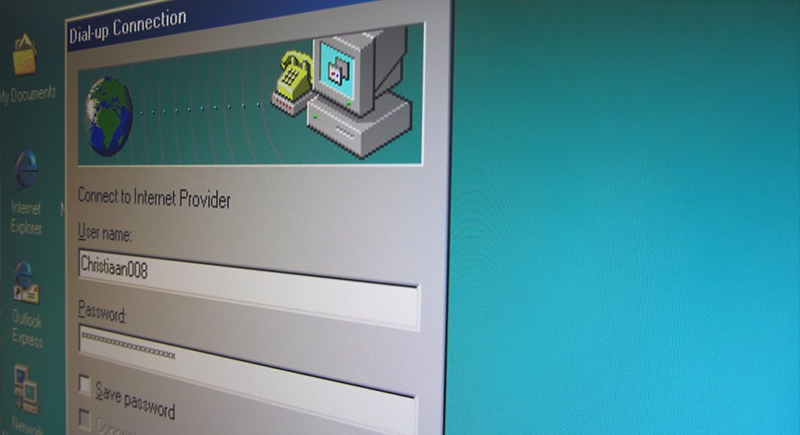
Credit: flickr
The sound of a modem connecting to the internet is etched into the minds of many 90’s kids. It wasn’t just noise—it was hope. If someone picked up the landline, the connection would break, leaving you to start over.
Employing Milkmen
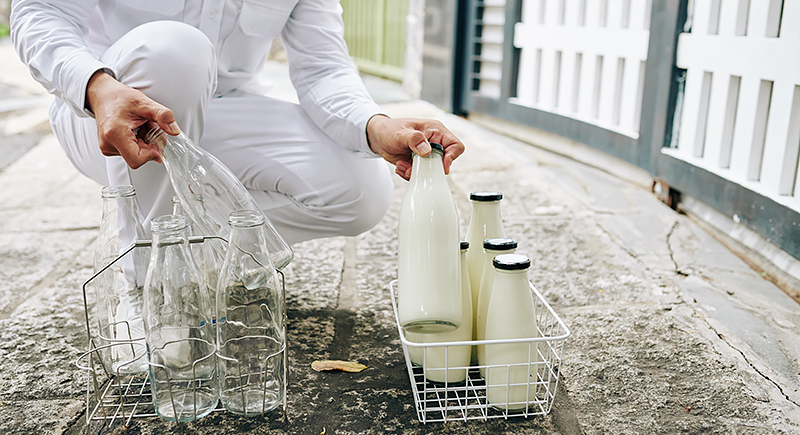
Credit: iStockphoto
Milkmen were part of the morning routine for many households. Glass bottles, often reused, sat waiting on doorsteps, sometimes alongside handwritten notes for changes to the order. While convenient at the time, it’s been replaced by trips to the grocery store.
Smoking Indoor
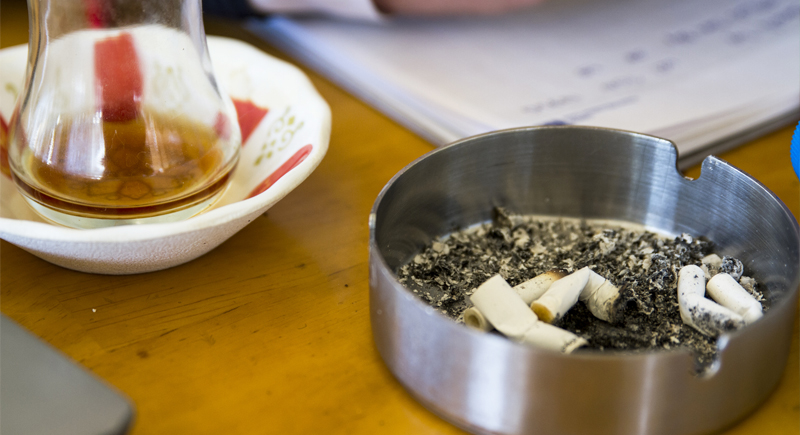
Credit: iStockphoto
It’s wild to think that smoking indoors was once normal. Restaurants had ashtrays at every table, and even planes had smoking sections. The smell of cigarette smoke was everywhere. As health awareness grew, this practice became one of the most significant cultural shifts.
Utilizing Rolodexes

Credit: iStockphoto
Similar to today’s contact lists, a Rolodex was a man’s personal library of business cards and phone numbers. Updating it often involved manually writing out new cards or throwing away outdated ones. Losing or damaging one meant hours of painstakingly rebuilding your contact list.
Cash Transactions

Credit: freepik
Carrying cash used to be the only way to pay for things. Without it, you couldn’t buy a newspaper, grab a coffee, or tip a waiter. Running out of change could ruin a day’s plans. Today, you couldn’t imagine not being able to pay with a digital wallet.
Hair Rollers
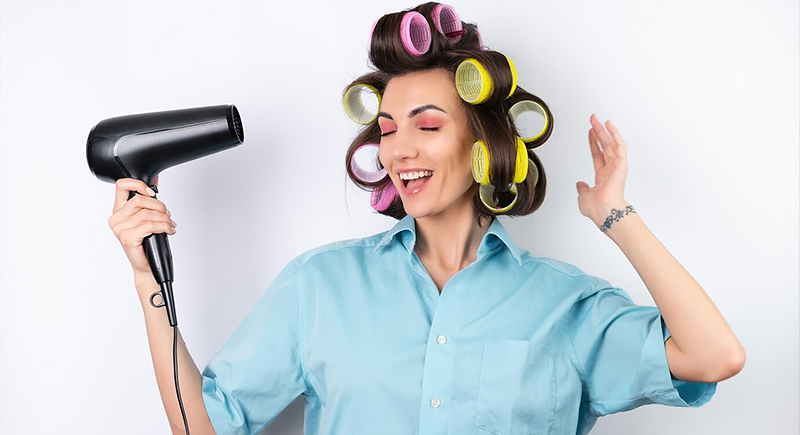
Credit: freepik
As is the case today as well, beauty used to come at a price, and for many, that price was an uncomfortable night’s sleep with hair rollers. However, one could argue that the results—a head full of bouncy curls—were totally worth the hassle.
Ironing Everything
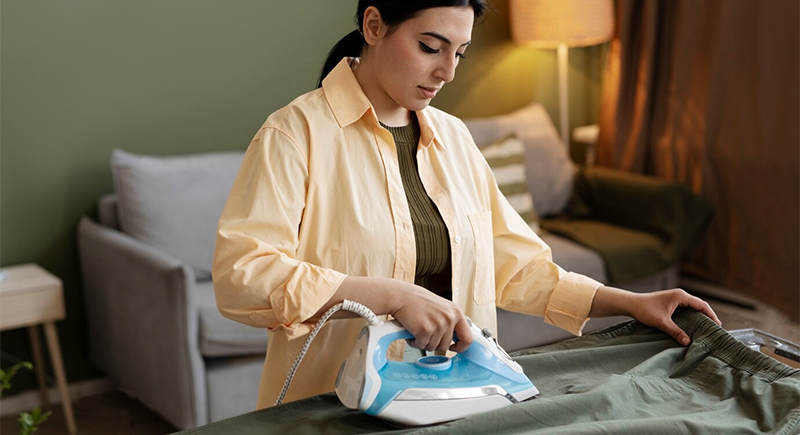
Credit: freepik
People once ironed everything from dress shirts to jeans and bedsheets. Wrinkles were considered sloppy, and ironing showed you took pride in your appearance. Now, with wrinkle-resistant fabrics and relaxed dress codes, ironing has become less of a priority.
Wearing Gloves

Credit: freepik
White gloves were a status symbol as much as a fashion statement. They were worn to formal events or church services and symbolized cleanliness and refinement. While still used in ceremonial settings, gloves have mostly faded from casual wardrobes.
Calling Operators

Credit: freepik
Need a phone number or directions? Operators were your go-to for quick help. They could connect calls, provide local information, and even handle emergencies. Their role has been entirely replaced by automated systems and internet searches.
Catalog Shopping

Credit: iStockphoto
For shopping, many families relied on flipping through a catalog. They would circle their favorite items, mail in their orders, and wait weeks for delivery. This isn’t far too different from today’s e-commerce where customers place orders online.
Using Encyclopedias

Credit: freepik
Encyclopedias used to be a great investment since you couldn’t rely on the internet to tell you everything. A full set took up an entire bookshelf and was an investment for families. Flipping through one for school projects or random facts was quite rewarding, even if it was slow.
Manually Defrosting Freezers
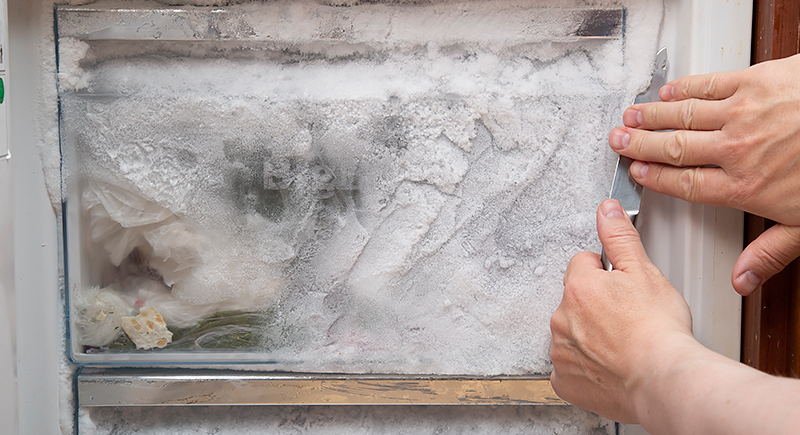
Credit: iStockphoto
You may have noticed old freezer models don’t offer self-defrosting. Ice would build up until you had to unplug, scrape it off, and mop up the water. It was messy, time-consuming, and unavoidable. Modern freezers have thankfully made this a thing of the past.
Using Clotheslines for Drying Laundry
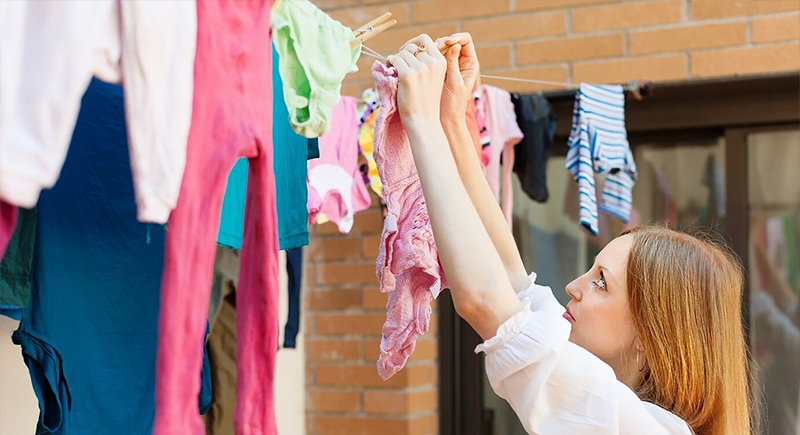
Credit: freepik
Laundry was a real pain before the invention of modern dryers. Clothes smelled fresh, but you were at the mercy of the weather. Unexpected weather conditions like rain meant you had to delay drying, and winter made the process so much slower.



